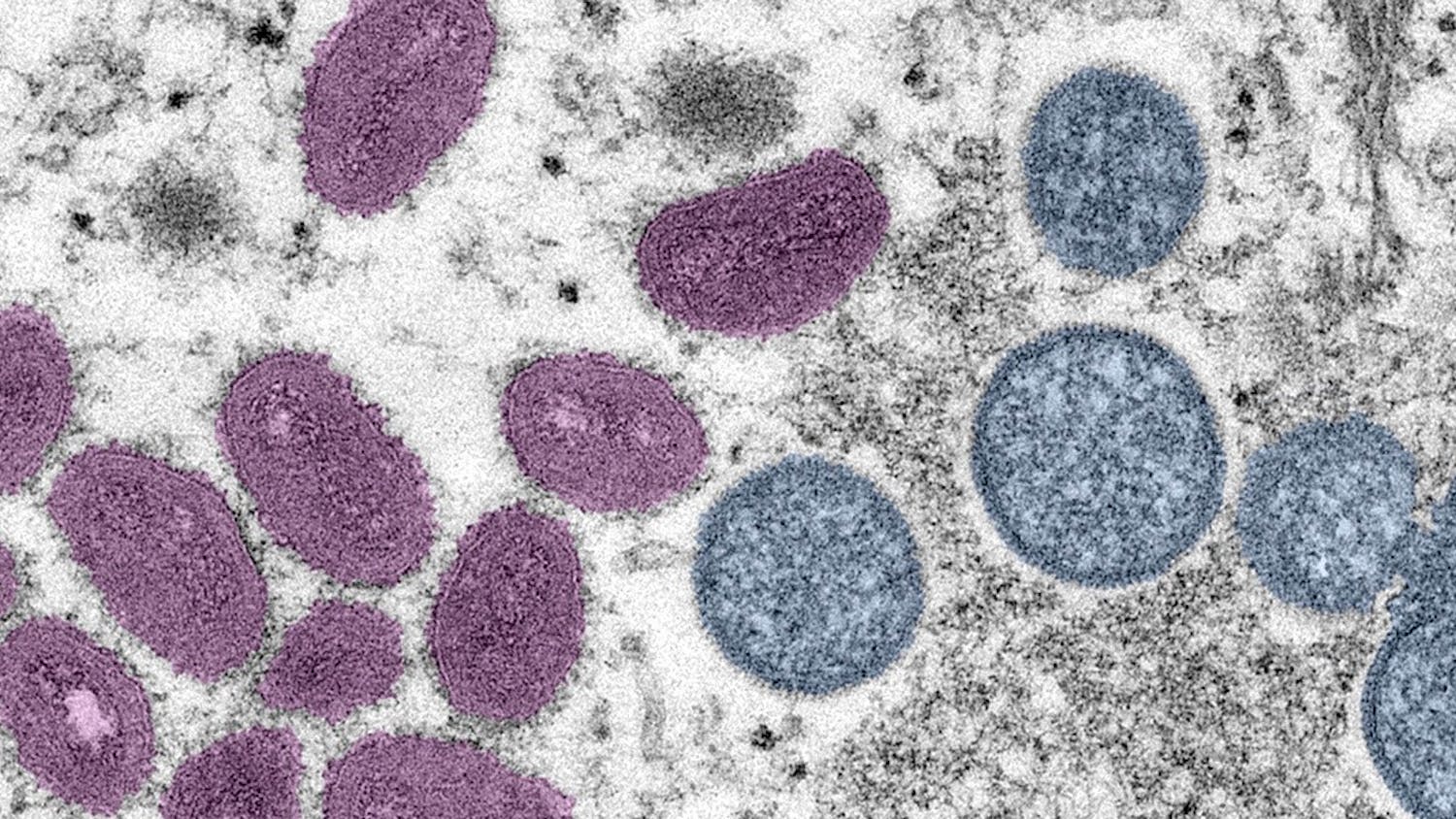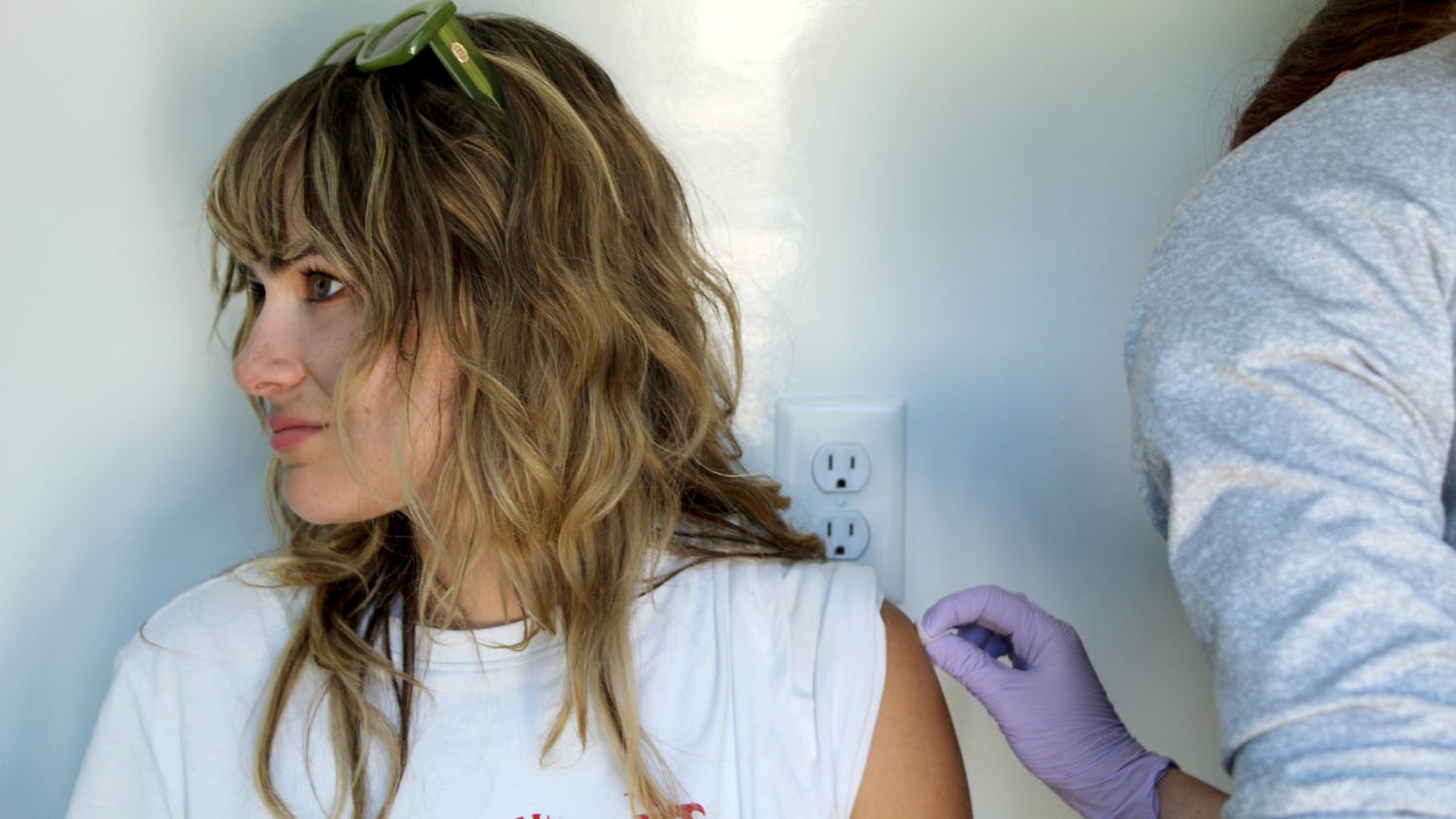The U.S. is on track for documenting the highest number of measles cases in two decades, and vaccinations for the virus are down locally.
According to the Centers for Disease Control and Prevention, 159 cases have been recorded across the country so far.
Alachua County has a lower rate of vaccinations for the virus compared to the rest of the state, said Vini Vijayan, assistant professor at UF in the division of pediatric infectious diseases.
“The rates of vaccination are declining, and more and more people are traveling abroad,” Vijayan said. “They’re bringing the disease back to the U.S. and are infecting people that aren’t vaccinated.”
An average of 60 measles cases were reported in the U.S. annually since 2000.
An estimated 20 million cases of measles appear worldwide each year.

Of all the infectious diseases, measles is most easily spread, Vijayan said.
It spreads through the air by breathing, coughing, sneezing and direct contact with the infectious particles.
“Even in children that are healthy, you can get sick enough to require hospitalization,” Vijayan said. “It can lead to ear infections, seizures, pneumonia and death.”
To combat the infection, she said, college students need an MMR vaccine, which vaccinates against measles, mumps and rubella.
If students were already vaccinated with MMR as children, they can choose to get a titer shot, which boosts the immune system back up to fight the measles infection.
Meriam Holder, an Alachua County resident who works as a nurse in Williston public schools, said this season may have seen an increase in measles because more parents are choosing not to vaccinate their children.
Cecily Sandlin, a 21-year-old Santa Fe College nursing freshman, said she thinks the reason parents still choose not to vaccinate their children is due to fear of exposing them to other disorders.
A version of this story ran on page 5 on 9/23/2013 under the headline "Measles nears record high for 2013, vaccine rates are down"





